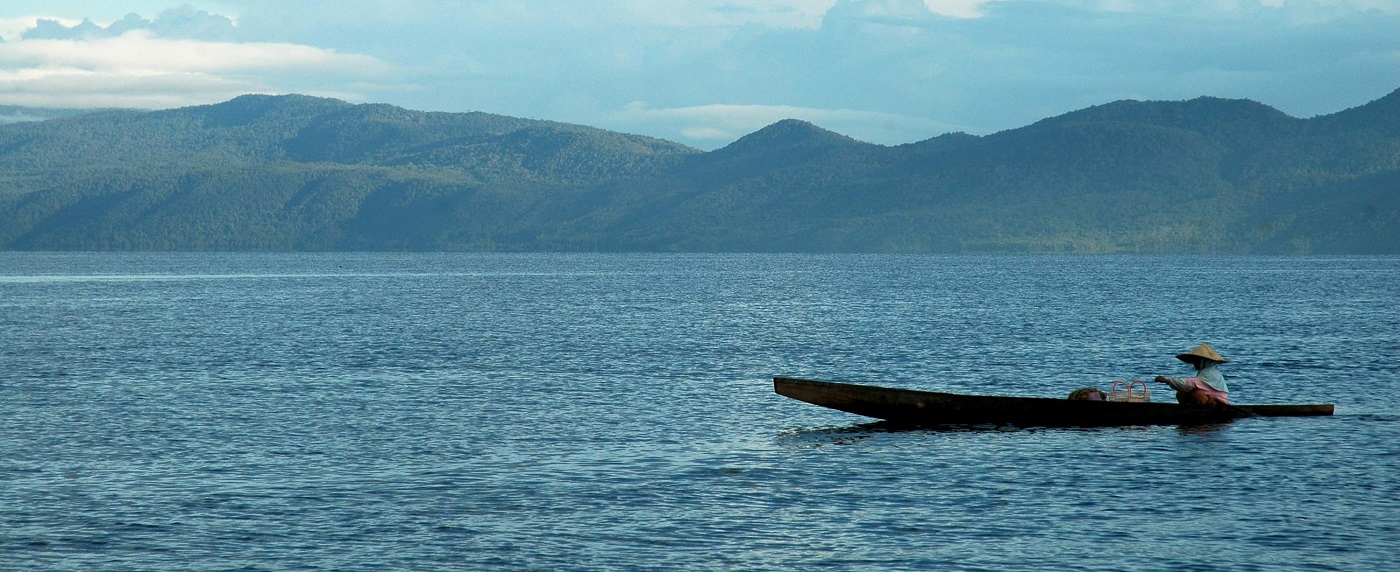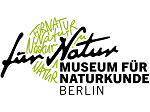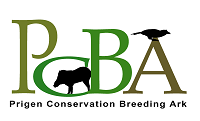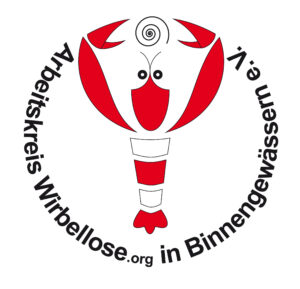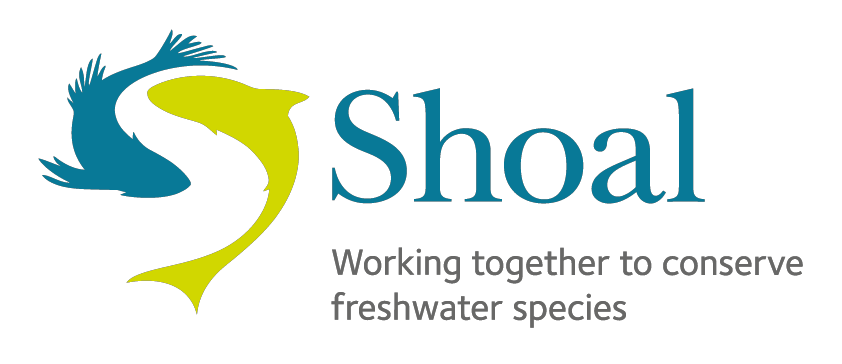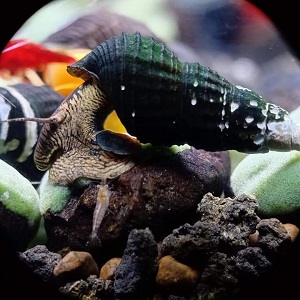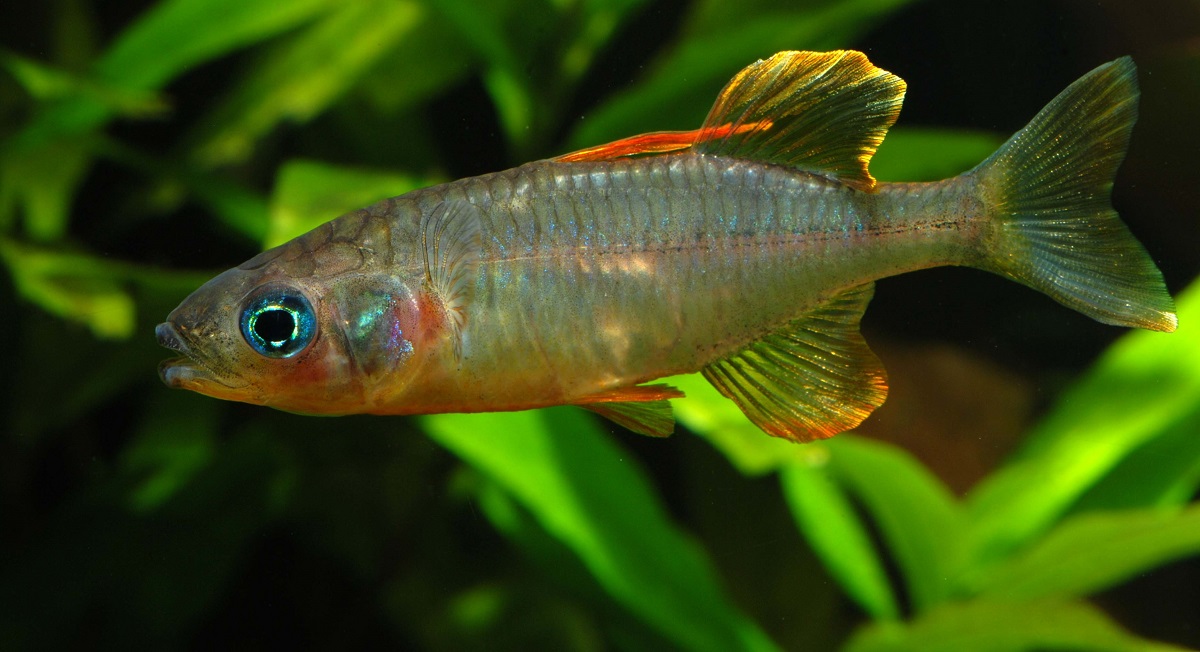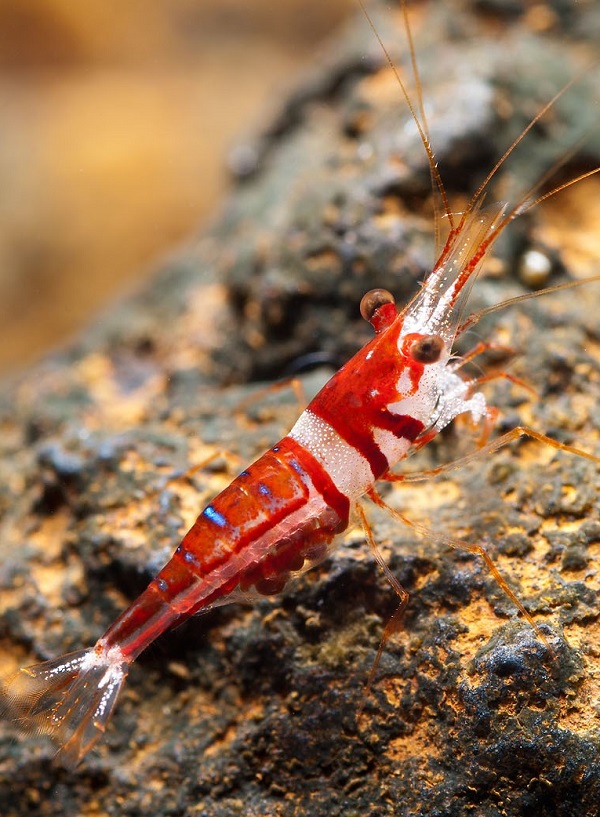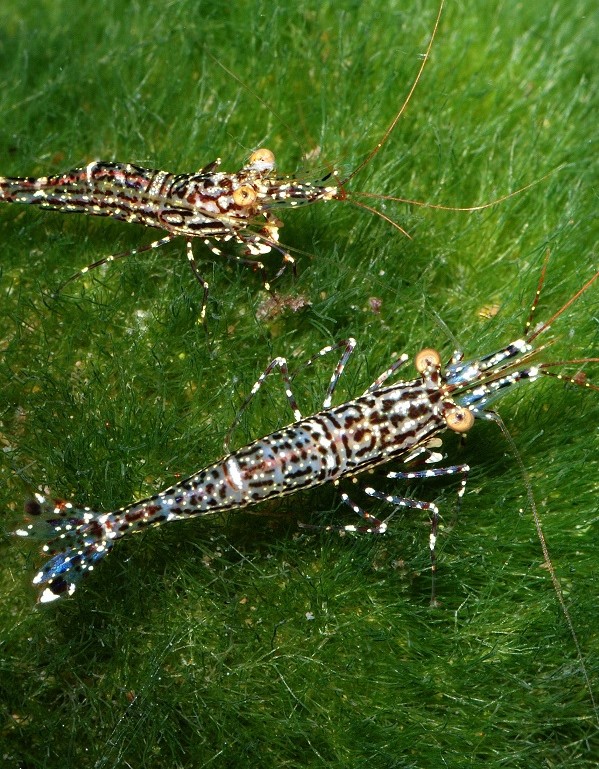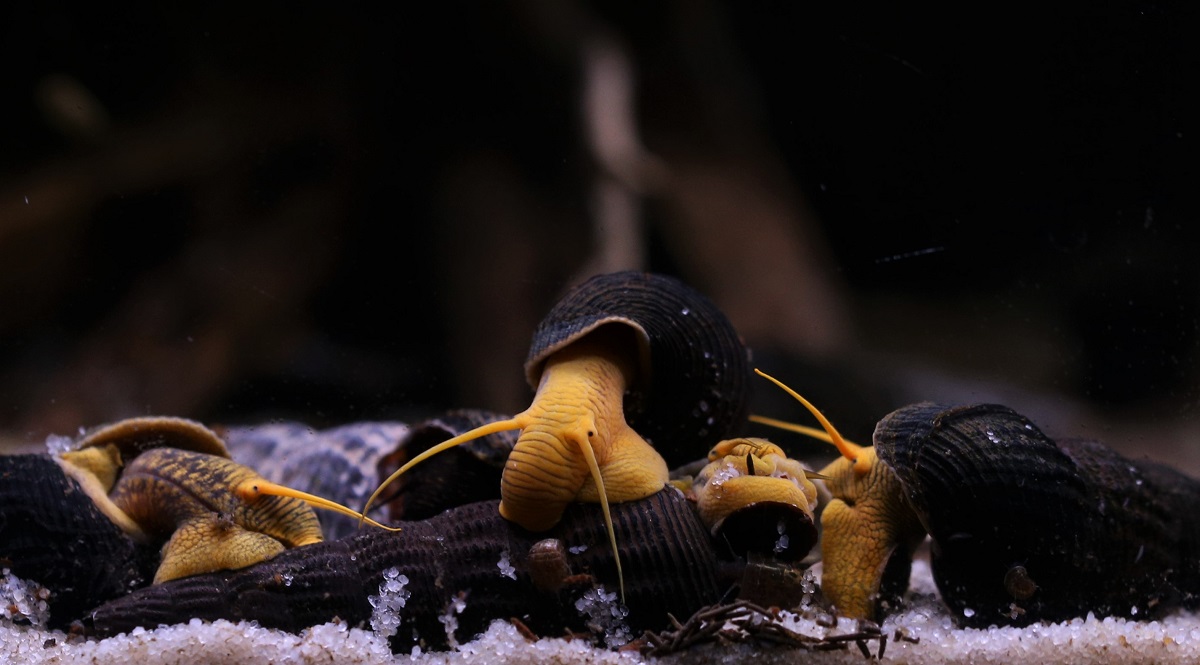Why Sulawesi Keepers?
The lakes and rivers of Sulawesi, an Indonesian tropical island, are famous for the diversity of shrimps, snails, crabs, and fish. But these unique freshwater habitats are threatened by the continuous spread of exotic species, and we fear that some of the small invertebrates are probably already extinct.
Can you imagine that these fascinating animals disappear from our planet? It's time to act, urgently.
OUR MISSION
We connect aquarists, scientists, conservation organisations, and local communities in an effort to prevent extinction.
OUR VISiON
The diversity of native freshwater fauna is appreciated by local communities who continue to benefit from it sustainably.
We recognize their right to use natural resources.
Aquarists and zoos act as responsible keepers of endangered species.
Ex situ (aquarium) populations are managed to ensure the species survival.
Our Partners
Our main partner is Ostrava Zoo in the Czech Republic:
Ostrava Zoo has many considerable achievements in the breeding of rare and difficult-to-breed species, and also places great emphasis on supporting in situ conservation projects around the world. Several of them take place in Indonesia, and this first-hand experience from our colleagues is very useful for our mission.
The Museum für Naturkunde – Leibniz Institute for Evolution and Biodiversity Science from Germany is an excellent and integrated research museum within the Leibniz Association. Its activities cover and tightly link the fields of collection-based research, development of collections and public engagement with science. Our Mission: We study life and planet Earth, maintaining a dialogue with people.
The Leibniz Institute for the Analysis of Biodiversity Change (LIB) from Germany is dedicated to research into biological diversity and how it changes, the findings from which have illuminating relevance for society as a whole. To better understand current mass extinction of flora and fauna, scientists look for correlations and causes of – often – human-made change. The goal is to find solutions for the conservation of ecosystems and species in order to preserve the basis of life as we currently know it.
Prigen Conservation Breeding Ark (PCBA) operating on Java, Indonesia was founded in 2017 by Taman Safari Indonesia, Yayasan KASI, Zoologische Gesellschaft für Arten- und Populationsschutz e. V. (ZGAP), and Vogelpark Marlow. PCBA's focus is exclusively on conservation breeding of threatened Indonesian species. The facility is not open to the general public in order to fully focus on undisturbed breeding. In the near future, PCBA will engage in ex situ conservation of threatened freshwater species endemic to unique habitats of Sulawesi. Two rooms with a total capacity of about 130 aquaria will be available for different endemic species. Read more.
The Institut Mosintuwu is a grassroots community organization in Poso District, Central Sulawesi which has a vision of achieving community sovereignty over the economy, social structure, culture and politics through research activities, critical education, solidarity economy and media. Since 2018, the Mosintuwu Institute has been advocating for the sustainability of biodiversity in Lake Poso. Read more.
Arbeitskreis Wirbellose in Binnengewässern e.V. (AKWB, Working Group for Invertebrates in Inland Waters) is a German association whose goal is to promote the care and breeding of invertebrates in inland waters and to increase and spread knowledge about these animals through national and international contacts with each other and with other interested parties. Read more.
Dähne Verlag publishes books, magazines and calendars all about aquaristics, invertebrates, terraristics and ponds under the motto "The most beautiful aspects of the hobby". In addition to the two hobby magazines aquaristik and caridina, the publishing program also includes an extensive range of books. Dähne Verlag draws on more than 30 years of experience as one of the leading specialist publishers for aquaristics. Read more.
Shoal is a programme of Synchronicity Earth (based in the UK) and Re:wild (based in the USA). Shoal were established in 2019 to direct much-needed attention towards freshwater species conservation. Their mission is to halt extinctions and recover populations of the most threatened freshwater species around the world. Their Saving Sulawesi’s Ancient Lakes programme was one of the organisation’s very first conservation programmes, and has helped remove many thousand invasive fish from Lake Mahalona.
Sulawesi Endemic Aquatic is a group of local enthusiasts. They collect and share information about fish, shrimp, snails, crabs, plants and any other living thing in or around freshwater biotopes of Sulawesi.
Join us
We admire them in aquaria. We do our best to keep them in their natural habitats.
Our Team
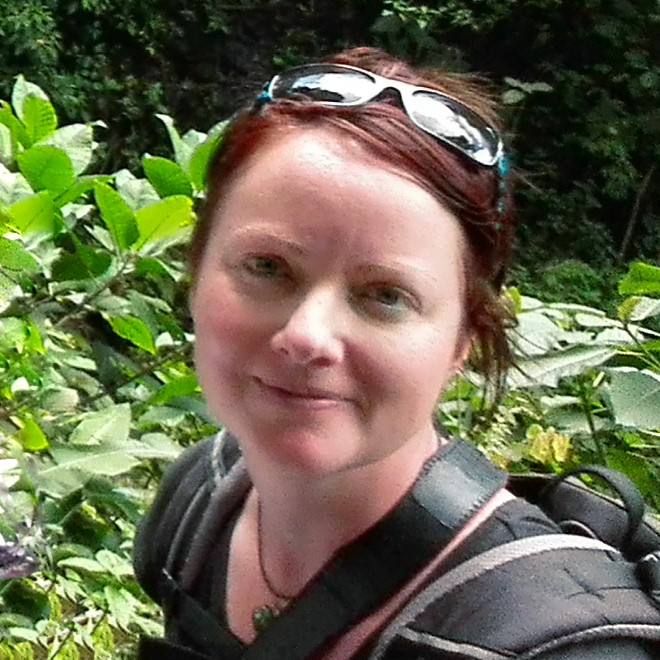
Mgr. Markéta Rejlková (*1979)
Aquarist and curator of fish, reptiles, amphibians and invertebrates in the Ostrava Zoo, Czech Republic. She studied environmental conservation, but then worked for several years as an IT consultant and developer. However, she devoted a significant part of her free time to aquarium hobby all the time, until in 2016 she decided to return to nature conservation and become a full-time aquarist.
Since 2006, she is the editor-in-chief of Akvárium magazine and the author of more than a hundred articles. She is a member of the IUCN SSC Freshwater Fish Specialist Group and the coordinator of the Ex situ programme of the European Association of Zoos and Aquaria for poeciliid fishes. She runs an international conservation breeding programme for endangered fish of the genus Xiphophorus, which successfully connects aquarists and zoos. She firmly believes in the great skill and enthusiasm of aquarists and in the deeper meaning of our hobby.
Markéta is interested in various fish families, but she is even more fascinated by snails! Breeding Tylomelania since 2008, no wonder she doesn't want them to go extinct and founded the Sulawesi Keepers.
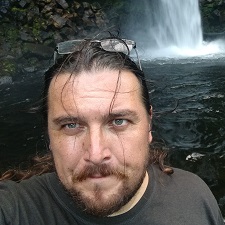
doc. Ing. Jiří Patoka, Ph.D., DiS. (*1978)
Associate Professor at the Department of Zoology and Fisheries of the Czech University of Life Sciences in Prague, where he guarantees subjects such as Ornamental Aquaculture and Ornamental Aquaculture Production. His main interests are in the breeding, biology, ethology, and taxonomy of freshwater crustaceans. He formally described several crayfish species. His field is also biological invasions in general and invasive species related to the international pet trade in particular.
In addition, he also popularizes his scientific results and published four keeper guides, methodology of crayfish keeping in aquaria and, as the main author, created the Czech nomenclature of the infraorder Astacida. To date, he has published more than 70 scientific papers and focused articles.
In 2015, he started the fruitful cooperation with eight Indonesian universities. In 2017, he was the leader of a Czech astacological expedition to New Guinea, where he discovered and subsequently described the first troglobitic crayfish in the southern hemisphere.
He is involved in the conservation of the rich and amazing endemic fauna of Indonesia and is a member of the Czech Limnological Society, the Crustacean Society, the Indonesian Crayfish Research Group and the Sulawesi Keepers.
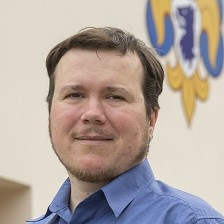
Ing. Jiří Libus (*1981)
Aquarist, scout and employee of the Mendel University in Brno, Czech Republic. His aquarium specialization is primarily in keeping and breeding of shrimps. He was the first in the world to accomplish and describe the breeding of Atyopsis moluccensis in captivity. With his articles on shrimp breeding, he contributes to several professional journals in many countries (Czech Republic, France, Germany, Taiwan). He is a member of the editorial board of the Akvárium magazine. With his texts and photographs, he contributed to books about shrimp keeping in the Czech Republic and France. Thanks to his practical breeding experience and contacts with taxonomists from other countries, he often identifies lesser-known shrimps that are part of imports into Europe.
In recent years, he has also been intensively involved in marine aquarium hobby. Together with his wife, he manages a small breeding facility for freshwater shrimps and other small aquatic animals. He is a member of the committee of the Brno Aquaclub and founding member of Sulawesi Keepers.
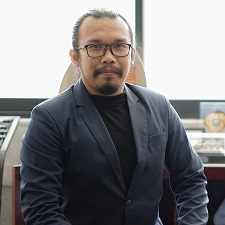
Surya Gentha Akmal, M.Sc. (*1990)
Gentha is one of the young researchers in freshwater invasive alien species and coastal and fisheries management, who has been involved in several activities related to the national policy on fisheries management and governance in Indonesia. He has also contributed to the improvement and development of several policies related to sustainable fisheries in Indonesia. Gentha has interest and focus on freshwater invasive alien species and their impact on native biota in Indonesia; fisheries biology; coastal and marine resource management; and disaster management.
Gentha earned his PhD in Applied Zoology at the Department of Zoology and Fisheries, Faculty of Agrobiology, Food and Natural Resources, Czech University of Life Sciences Prague, Czech Republic. Together with his supervisor, Jiří Patoka, he has produced several scientific publications in reputable journals. In Indonesia he is also actively writing several books with his colleagues, including the book on Fisheries Biology and Management, Fisheries Biology Practicum Guide, Lesser Sunda and Bismarck Solomon Seascape, and Collection of Indonesian Student Ideas around the World (Series 11: Maritime). He is also a contributor in the opinion column of several newspapers in Indonesia.
Gentha is currently trusted as the secretary of the Indonesian Center for Research on Bioinvasions. He really likes his activities, because it has been his dream since childhood to become a scientist. He is affiliated as a research fellow at Center for Coastal and Marine Resources Studies, IPB University, also a member of the Indonesian Crayfish Research Group, and the Sulawesi Keepers.
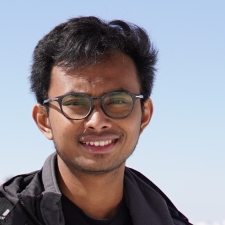
Muhammad Iqram (*1994)
Iqram is an incoming PhD student at the Museum für Naturkunde Berlin. He will focus on exploring freshwater biodiversity, particularly atyids shrimps and snails, in different types of freshwater bodies including subterranean ecosystems, remote upstream and ancient lakes. Apart from his interest in documenting freshwater macroinvertebrate diversity, deploying eDNA metabarcoding to monitor native and endemic species is one of approaches in his study. Being born and raised in Sulawesi island have pretty much influenced Iqram’s interest to start exploring and conserving unique freshwater biodiversity of Sulawesi amidst ongoing various threats. He has initiated a small community that involves students from Biology Department of Hasanuddin University and encourages them to actively do research and exploration of freshwater biodiversity.
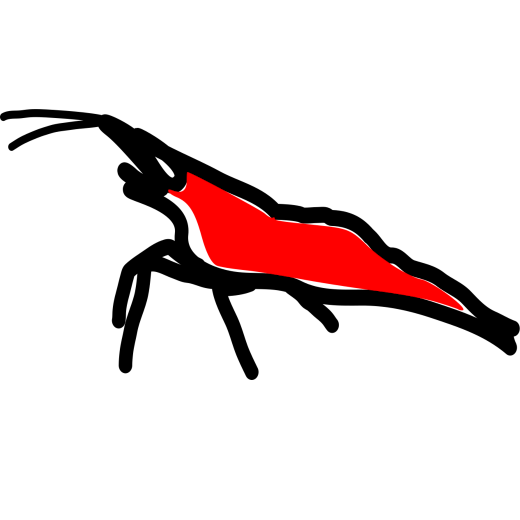
Our Experts
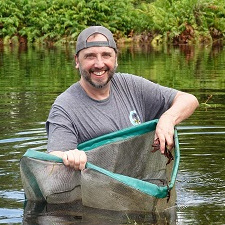
Hans-Georg Evers (*1964)
Hans lives in Hamburg, Germany and has been an aquarist by heart since his very early days. His main interests are catfish, mainly Corydoradinae and Loricariidae, followed by tetras, rainbowfish and every other freshwater fish and shrimp you can think of. He is a busy traveller, speaks several languages and has visited many tropical countries worldwide, mainly South America and Asia.
He has published 13 books, hundreds of articles and has co-authored several academic papers. The Sulawesi ricefish Oryzias eversi and the South American catfish Corydoras eversi are named after him. From 2005 to 2018 he was editor-in-chief of the international aquarium magazine AMAZONAS and built up a global network in the ornamental fish trade.
Hans traveled several times to Sulawesi, his "dream island". On various trips he was able to encounter most of the fish and invertebrate species native to Sulawesi, some of which were later scientifically described using his collected material (Oryzias eversi, O. wolasi, Nomorhamphus rex, Mugilogobius hitam and others).
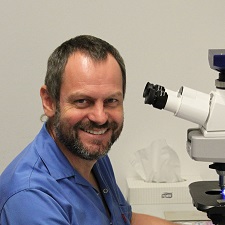
Werner Klotz (*1969)
Aquarist and independent researcher in crustacean taxonomy and ecology. Employee at the Medical University of Innsbruck. Research in shrimp taxonomy since 2002 with special focus on landlocked atyid species from China and Sulawesi, Indonesia. Since 2011 member of the IUCN team for the assessment of freshwater caridean shrimp. Cooperations with the Humboldt University of Berlin (Museum für Naturkunde) 2007 to present, the Griffith University Brisbane 2009-2010, the Museum of Natural History Paris 2010 to 2013, National Museum of Marine Biology & Aquarium, Pingtung, Taiwan (2013).
Werner is particularly interested in exploring freshwater shrimp habitats to determine the conditions of shrimp kept in the aquarium hobby. He made field trips to Panama (2006), Hong Kong and China (2009, 2010, 2011, 2012), Spain (2012), Greece (2016, 2018), Singapore (2011), Taiwan (2013), Japan (2016), Sri Lanka (2017) and Sulawesi (2017, 2019).
At the moment, Werner's focus of interest is on the taxonomy and biogeography of landlocked atyids in rivers and the Malili System on Sulawesi, as well as on a revision of two large groups of species of the genus Caridina from SE Asia and northern India.

Dr. Thomas von Rintelen (* 1970)
Thomas is a zoologist and evolutionary biologist at Museum für Naturkunde Berlin, where he is scientific head of the mollusc collection. His research interests range from the taxonomy and systematics of freshwater snails and shrimps to the genomics of speciation.
His favourite playground is SE Asia, where Thomas started his scientific career in 1998 working on the species flocks of pachychilid snails in the ancient lakes of Sulawesi, and he is still at it. Over the years he expanded beyond the ancient lake focus, adding projects on the phylo- and biogeography of Sulawesi and the entire Indo-Australian Archipelago in several freshwater invertebrate taxa with occasional side-tracks like birds of paradise.
In recent years, Thomas has become increasingly worried by the shocking changes in the natural habitats in the region, most noticeably in some of the ancient lakes of Sulawesi. He wants to contribute to the preservation of their unique fauna by making research results available for conservation, e.g., by recent (2020) IUCN assessments for all endemic mollusc species of the Malili lakes.
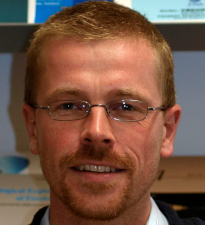
PD Dr. Fabian Herder (*1975)
Fabian has a deep interest in the diversity, evolution and ecology of fishes. He kept fish from an early childhood – to a degree that clearly challenged his parents' tolerance – and followed his passion for organisms by studying biology. As curator at the Museum Koenig in Bonn, Germany (LIB), he is responsible for the reference collection of fishes and conducts field- and collection-based research with his group.
He and his team have been active on Sulawesi since 2002, focusing on the evolutionary background of fish species flocks endemic to the island's ancient lakes. More recently, this has been complemented by work on the fascinating diversity of fishes inhabiting Sulawesi's stream ecosystems. All these activities are based on close cooperation with Indonesian partners and involve students wherever possible.
Fabian's old passion for studying fishes from an aquarist's perspective was also his motivation to plan and curate the Museum Koenig's permanent exhibition "Water – Life in Flow", a setting that presents the stream life of tropical and temperate ecosystems to the public, in around 16,000 l of flowing waters – including Sulawesi fishes, of course…
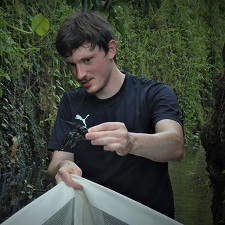
Jan Möhring (*1994)
Prospective PhD student at the Zoological Research Museum Alexander Koenig in Bonn, Germany, working primarily on Sulawesi ricefishes, particularly from Lake Poso, which is a hotspot of ricefish diversity. Generally speaking, he has great interest in the evolution, ecology and taxonomy of fishes east of the Wallace Line, particularly Sulawesi, and also works on side projects focused on other groups of fish from the island, e.g. viviparous halfbeaks. After his master thesis, he spent three months doing field research on Sulawesi, two of them at Lake Poso, studying the local endemic and introduced fish fauna.
Being a longtime aquarist since early childhood, he also recognizes the benefits that enthusiasm of the hobbyists can bring to conservation efforts. From his point of view, both in situ and ex situ programs can be greatly facilitated through the engagement of aquarists who are willing to help breed endangered species or provide valuable information about their ecology, habitat, or threats.
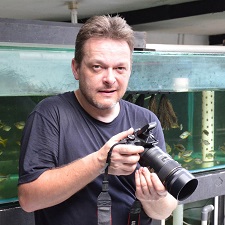
Andreas Wagnitz (*1970)
His passion for water creatures began at the age of 10. He is an aquarist, hobby animal photographer and author of aquaristic articles. His aquaristic focus is in Asia and Oceania, especially gobies, rainbowfish, sailfin silversides, ricefish, halfbeaks and archerfish are close to his heart. He gives lectures on the keeping, breeding and food acquisition of his favorite fish and inspires with beautiful photos that are taken with a lot of passion.
He undertook several expeditions to Indonesia, caught many of his animals in Sulawesi and Papua himself and keeps them in his facility. Fish from Sulawesi are bred and distributed to zoos, museums or aquarists (e.g. Oryzias asinua, Oryzias nigrimas, Nomorhamphus spec. "Lembo", Nomorhamphus sagittarius and many others).
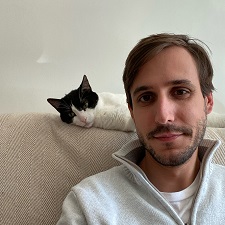
José María Requena (*1989)
Anesthesiologist by profession, but really in love with the aquarium hobby. He started keeping shrimp in 2013. From 2013 to 2017, he was editor of Crustanews, a free shrimp magazine in Spanish, which tried to teach the basics of the hobby. Exceptional people collaborated and it was an incredible experience. José especially loves writing articles and designing / drawing training materials. He was a judge of the international contests in Paris (2017) and Dortmund (2018, 2019).
In 2019, he published together with Werner Klotz and Neli Martín the book "Shrimp, aquarium jewels" in English, available also in Spanish as "Gambas, joyas de acuario" and in German as "Garnelen im Aquarium". Most of the shrimp species that have been or are available to aquarists are described in the book; the objective is to teach how to keep and breed them and some basic concepts of how to identify them with simple taxonomic tips.
José focused on Neocaridina, Caridina and Paracaridina, mostly wild populations. At this time, he is also interested in Macrobrachium and other species of Palaemonidae, fascinated by their social behaviour. He also keeps few selectively bred varieties – some colours and patterns are irresistible. He also has significant experience with Sulawesi shrimps, breeding species from Lake Poso and Matano for many years, something that José wants to restart again with new tanks.
Photographers
We are very grateful to the contributors who provided their photos for our project:
Aspar, Hans Evers, Werner Klotz, Markéta Rejlková, Demin Wong from Madshrimp
other people who help us …
… and deserve our thanks:
Adyah Ningtyas from Prigen Conservation Breeding Ark for proofreading
Ulli Bauer, professional translator, for free German translations
Eric van de Meerakker for volunteering to translate our website into Dutch
Diana Lindenblatt – El Khalfi for excellent help with proofreading
Join us
We need your help.
We are Transparent
Sulawesi Keepers, z. s. is a non-profit organisation registered in the Czech Republic under number 11744065. Our funds can be used exclusively to fulfill the organisation's purpose, which is registered by the court:
Protect the nature and the native aquatic fauna of Indonesia and contribute to their knowledge.
Our bank account is transparent and accessible here:

